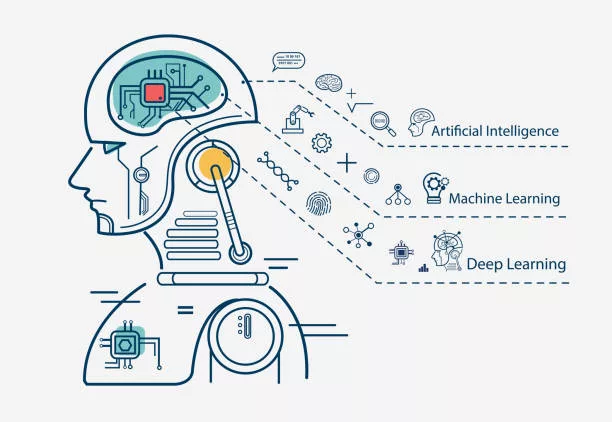Games are one of the most popular forms of entertainment today, and as technology advances, so too does game design. Thanks to artificial intelligence (AI), game developers are now able to create games that are much more realistic and engaging than ever before. Consequently, the gaming industry has begun to use AI in a variety of different ways. In this article, we will explore some of the reasons why AI is such an important tool for game designers and what benefits it can provide. So if you’re looking to create high-quality games that will captivate your audience for years to come, you need to start using AI.
What is artificial intelligence?
Artificial intelligence is a field of computer science that deals with the creation of intelligent agents, which are systems that can reason, learn and act autonomously. Video games have used AI for years to create characters that navigate levels and complete tasks. However, recently, the use of AI in other genres has increased. Some game developers are using AI to create intelligent NPCs (non-player characters), which can provide information or help players during their game journey. Additionally, developers are using AI to create adaptive gaming engines that let games run on different devices and platforms with minimal modification.
How does AI work in games?
Artificial intelligence is used in many different ways in video games, from creating NPCs that populate a game world to providing guidance and assistance to players. There are many benefits to using AI in games, including increased immersion and realism, and the ability to create more complex and engaging experiences for players.
One of the primary reasons to use AI in games is immersion. By creating realistic NPCs that interact with players, games can provide a much deeper level of immersion for players. This can lead to a more enjoyable experience and increased engagement with the game world. AI also allows for more complex interactions between characters and players, which can create more interesting storylines and gameplay mechanics.
Another benefit of using AI is the ability to create more engaging experiences for players. By providing NPCs that can provide advice or assistance, games can make it easier for players to complete objectives or tasks. This can lead to longer game play sessions and increased enjoyment for players. Additionally, AI-assisted characters can be designed in such a way as to be humorous or entertaining. This can add an extra layer of fun and excitement to game play.
Benefits of using AI in games
One of the most popular reasons to use artificial intelligence (AI) in games is so that the game can create realistic characters and worlds. AI allows games to create characters that are believable and can act realistically, which helps players to buy into the world that they’re inhabiting. Additionally, AI allows for more complex storylines and challenges in games, as well as creating more immersive gaming experiences.
In terms of gameplay, AI can help players by providing helpful tips or by taking over certain tasks while the player is focused on other parts of the game. For example, if a player is fighting an enemy and they run out of ammo, their AI-controlled character may pick up a nearby weapon and begin attacking the enemy. This type of assistance can keep players engaged in games longer due to its added level of complexity and realism.
Another benefit to using AI in games is that it can reduce workload for developers. By having pre-made scripts or computer programs do specific tasks, developers don’t have to spend as much time developing these scripts or programs themselves. In addition, this saves time during development as well as testing; since tests will be simpler if all scripted interactions are known ahead of time.
How does artificial intelligence work in games?
A large part of the fun that games offer is the ability for players to interact with characters and objects in a virtual world. Characters in video games can be controlled by the player and make decisions based on their own individual characteristics. You can control them by artificial intelligence (AI). AI allows game developers to create scenarios that are not possible with human players alone. This includes having a computer-controlled character help another player cross a dangerous obstacle.
We can divide artificial intelligence in video games into two types: scripted AI and natural AI. In scripted AI, developers give the computer program specific behavior instructions. Game developers mainly use this type of AI for game NPCs, or nonplayer characters. For instance, in role-playing games, developers assign NPCs specific dialogues to respond to certain situations. Natural AI, on the other hand, behaves in an unpredictable way based on its own programmed rules. Developers more commonly use this type of AI for enemies and other creatures in video games.
There are many benefits to using artificial intelligence in video games. First, it allows for more complex storylines and scenarios that would otherwise not be possible. Second, scripted AI allows for more realistic interactions between characters, which adds to the immersion factor of a game. Additionally, natural AI offers a greater degree of complexity when it comes to creating enemy characters. They can react differently depending on the player’s actions and could even develop over time.
Conclusion
Artificial intelligence (AI) is a field of computer science that deals with the design and development of intelligent agents. These are systems that can act autonomously. In video games, you can use AI to create characters and creatures that act in accordance with game goals. Also, you can use AI to create realistic animation for video games, enhancing the experience for players. By using advanced algorithms and simulation techniques, developers can create believable, interactive game worlds that are impossible without it.





